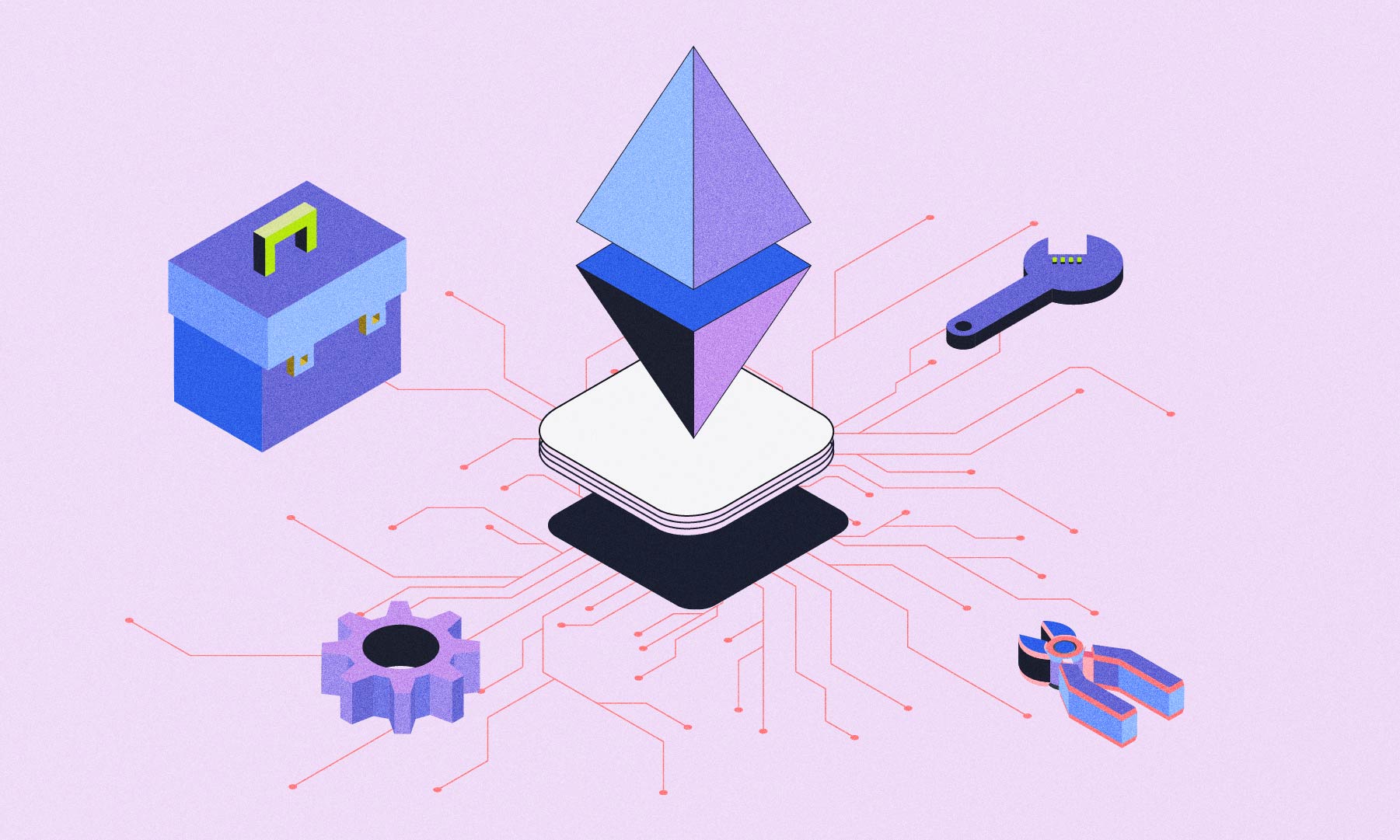Top 10 Ways to Use Ethereum Beyond Payments
Ethereum, the world’s most versatile blockchain, is renowned for enabling decentralized applications (DApps) and smart contracts. While many initially associate Ethereum with payments and cryptocurrencies, its utility transcends financial transactions. Below, we explore ten groundbreaking ways Ethereum is reshaping industries beyond payments.
1. Smart Contracts: Automating Agreements
At the heart of Ethereum lies its most transformative feature: smart contracts. These self-executing agreements, defined by code, allow for seamless automation of processes that traditionally rely on intermediaries.
For example:
- Real Estate Transactions: Buyers and sellers can exchange property titles once conditions are met.
- Legal Agreements: Contracts like employment terms or business partnerships are executed automatically, reducing disputes and overhead costs.
- Ethereum's programmability makes it ideal for streamlining complex, multi-step agreements while maintaining transparency.
2. Decentralized Finance (DeFi): Rethinking Traditional Banking
Ethereum powers the booming Decentralized Finance (DeFi) sector, offering alternatives to conventional banking systems.
Popular use cases include:
- Lending and Borrowing: Platforms like Aave allow individuals to lend their assets or borrow without traditional credit checks.
- Decentralized Exchanges (DEXs): Uniswap and similar platforms enable peer-to-peer trading of cryptocurrencies without a central authority.
- Stablecoins: Tokens like USDC or DAI maintain value parity with fiat currencies, offering a stable medium for trading and storing value.
DeFi, driven by Ethereum, democratizes access to financial services globally, particularly in underbanked regions.
3. Non-Fungible Tokens (NFTs): Revolutionizing Ownership
Ethereum pioneered the NFT market, which has transformed the concept of digital ownership.
- Art and Collectibles: Digital artists use platforms like OpenSea to sell unique artworks directly to global audiences.
- Gaming and Virtual Worlds: Games like Axie Infinity use NFTs to represent in-game items or characters that players own and trade.
- Intellectual Property: NFTs are increasingly used to tokenize and trade intellectual property rights or licenses.
Ethereum’s ERC-721 and ERC-1155 standards make it the go-to blockchain for building NFT projects, fostering innovation across industries.
4. Decentralized Autonomous Organizations (DAOs): Governance for the Future
DAOs represent a new way to manage organizations through blockchain-based governance. Ethereum provides the infrastructure for such organizations to operate transparently and democratically.
- Community Decisions: Members vote on proposals using tokens, ensuring fair decision-making.
- Investment Collectives: Groups pool resources into DAOs to fund startups or initiatives, sharing profits based on their contributions.
- Open-Source Projects: Developers can collectively manage software projects without a central leader.
DAOs are redefining how organizations are structured, giving power back to communities while ensuring accountability.
5. Supply Chain Management: Transparency and Trust
Ethereum's ability to create immutable records is revolutionizing supply chain management.
- Product Provenance: Companies use Ethereum to track goods from origin to consumer, ensuring authenticity.
- Ethical Sourcing: Blockchain records ensure compliance with fair labor practices and sustainability standards.
By integrating Ethereum, industries from fashion to food can enhance transparency, trust, and traceability.
6. Decentralized Identity: Enhancing Privacy and Security
Ethereum empowers individuals to take control of their digital identities through decentralized identity systems.
- Self-Sovereign Identity: Users own and manage their credentials without relying on centralized authorities.
- Data Monetization: Individuals can selectively share and monetize their data without intermediaries.
This approach provides enhanced security and privacy, especially in a digital age dominated by data breaches.
7. Healthcare Data Management: Transforming Patient Care
In healthcare, Ethereum is used to create tamper-proof systems for managing patient data.
- Medical Records: Patients retain ownership of their data and grant access only to authorized personnel.
- Clinical Trials: Blockchain ensures integrity and transparency in trial data, fostering trust.
Such applications reduce inefficiencies, ensuring secure and accurate data sharing across healthcare providers.
8. Tokenized Assets: Democratizing Investment Opportunities
Ethereum facilitates the tokenization of real-world assets, enabling fractional ownership and increased liquidity.
- Real Estate: Investors can own fractions of a property, lowering barriers to entry.
- Fine Art: High-value art pieces are tokenized and shared among collectors.
Tokenized assets open investment opportunities to broader demographics, fostering inclusion and financial growth.
9. Energy Trading: Decentralizing Power Distribution
The energy sector leverages Ethereum for peer-to-peer trading of renewable energy.
- Microgrids: Homeowners with solar panels can sell surplus energy to neighbors using blockchain-based marketplaces.
- Carbon Credits: Ethereum-based tokens facilitate transparent trading of carbon offsets.
This decentralized model encourages renewable energy adoption and reduces reliance on centralized utilities.
10. Education and Certifications: Verifying Credentials
Ethereum offers solutions to combat credential fraud and improve access to educational records.
- Digital Diplomas: Universities issue blockchain-verified certificates that employers can easily validate.
- Skill Verification: Platforms like Ethereum-backed Gitcoin allow professionals to showcase verified competencies.
This creates a more efficient ecosystem for hiring and academic verification, eliminating fraudulent claims.
Conclusion
Ethereum’s transformative potential goes far beyond payments, revolutionizing industries with its decentralized infrastructure. From automating agreements with smart contracts to tokenizing assets, Ethereum is a foundational pillar for innovation in the digital age. Its applications are reshaping governance, ownership, and even energy distribution, promising a more transparent, inclusive future.
Article Sources
- Ethereum.org - Overview of Ethereum
- CoinDesk - The Rise of DeFi
- OpenSea - NFT Market Insights
- Aave - Decentralized Lending
- Uniswap - Decentralized Exchange
- Axie Infinity - Gaming and NFTs
- DAOstack - Introduction to DAOs
- MIT Technology Review - Blockchain in Supply Chain
- Harvard Business Review - Tokenized Assets
- World Economic Forum - Blockchain in Energy
























![[ℕ𝕖𝕧𝕖𝕣] 𝕊𝕖𝕝𝕝 𝕐𝕠𝕦𝕣 𝔹𝕚𝕥𝕔𝕠𝕚𝕟 - Is Trump Dying? Or Only Killing The Market?](https://cdn.bulbapp.io/frontend/images/a129e75e-4fa1-46cc-80b6-04e638877e46/1)




































